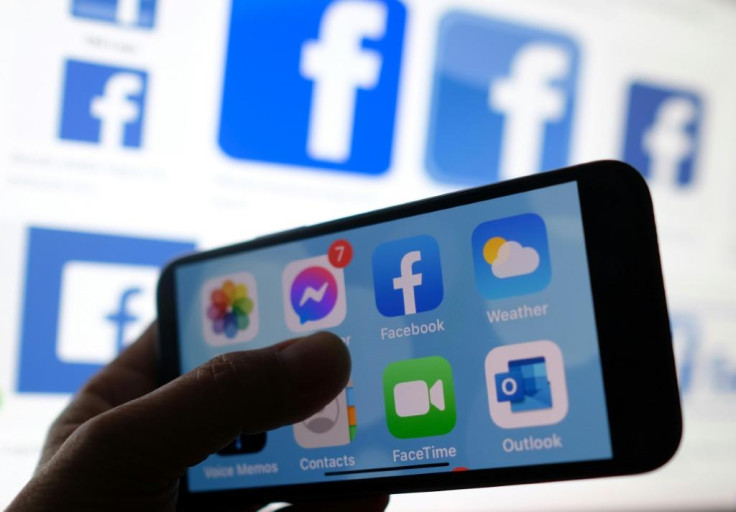Should smartphones be banned in secondary schools?
UNESCO has revealed that there is a "negative link" between smartphones and educational performance, with research findings also suggesting that more than nine out of 10 teenagers in the UK use social media.

A recent UN report raised concerns about the use of smartphones affecting educational performances in secondary schools. As a result of the report, the UN Educational, Scientific and Cultural Organisation (UNESCO) have called for smartphones to be banned in schools across the globe.
There are currently no advisories from the government that prohibit smartphones in schools, and the decision is left to individual school rules. Many schools in the UK ask students to keep their phones switched off in their bags, allowing for only emergency calls and contact to take place.
Bryan McConnell, a secondary school Science Teacher, spoke to reporters about the use of smartphones affecting a student's learning. McConnell said: "In my experience as a secondary school science teacher, phones were nothing but a problem before they were banned at my school in 2018. The biggest issue I had personally was students getting their phones out in lessons and not doing what I was asking them to do."
While he worked as a teacher when smartphones were banned, McConnell recalled: "I didn't have to stop lessons to ask kids to put their phones away anymore, and the kids seemed to interact better with each other and behaviour improved. It's been the best thing we ever did. I think all schools should ban phones."
Lizzie Martin, the Head of Music in a secondary school in the UK, revealed that since COVID generated a new online-teaching scheme, "there are interesting ways to use technology in the classroom and it's a missed opportunity to not use them".
During the coronavirus pandemic, it has been recorded that half a billion students worldwide missed out on in-person teaching due to a lack of access to online teaching resources.
Martin Devlin, the Assistant Headteacher at St Bernard's Catholic High School, also noted that "smartphones and technology can be used in a positive way, and I've found that integrating some of the learning methods from COVID has been great".
Although the UNESCO report clarified that there is a "negative link" between the uncontrolled use of mobile phones and education, the UNESCO Director-General Audrey Azoulay said: "The digital revolution holds immeasurable potential but, just as warnings have been voiced for how it should be regulated in society, similar attention must be paid to the way it is used in education."
When it comes to cyberbullying, students need advice that goes beyond just "stand up and defend." They need a range of safe intervention strategies.
— MediaSmarts (@MediaSmarts) July 25, 2023
Read all the final trends & recommendations from our #YCWW study: https://t.co/Eh70ggs5Qy pic.twitter.com/DEvbCR9MY5
Many teachers across the UK have also raised concerns about smartphones increasing the number of cyberbullying cases in secondary schools.
The Assistant Headteacher acknowledged that not only do "smartphones expose the kids to misinformation and it's a learning distraction of course", but there are also "many dangerous people online promoting self-harm and the safeguarding worries are huge".
New data, published by Be Head Strong UK, found that hospital admissions for self-harm incidents have increased, particularly for girls aged 13 to 17. In 2017, around 25,000 female students aged 13-17 were admitted to hospital after self-harming. In 2020, the number of female students being admitted to hospital for self-harm had risen to nearly 3,500.
DoSomething.org announced that around 37 per cent of young people between the ages of 12 and 17 have been victims of cyberbullying – with 30 per cent of those students claiming to have had it happen more than once.
Recent findings also suggest that more than nine out of 10 teenagers in the UK use social media, with 94 per cent of those aged 16 and 17 having their own social media profiles.
According to DoSomething.org, almost 25 per cent of students on social media reported being mean or cruel to another person online.
UNESCO Director-General Audrey Azoulay concluded that the use of smartphones in secondary schools worldwide "must be for enhanced learning experiences and for the well-being of students and teachers, not to their detriment".
© Copyright IBTimes 2025. All rights reserved.






















